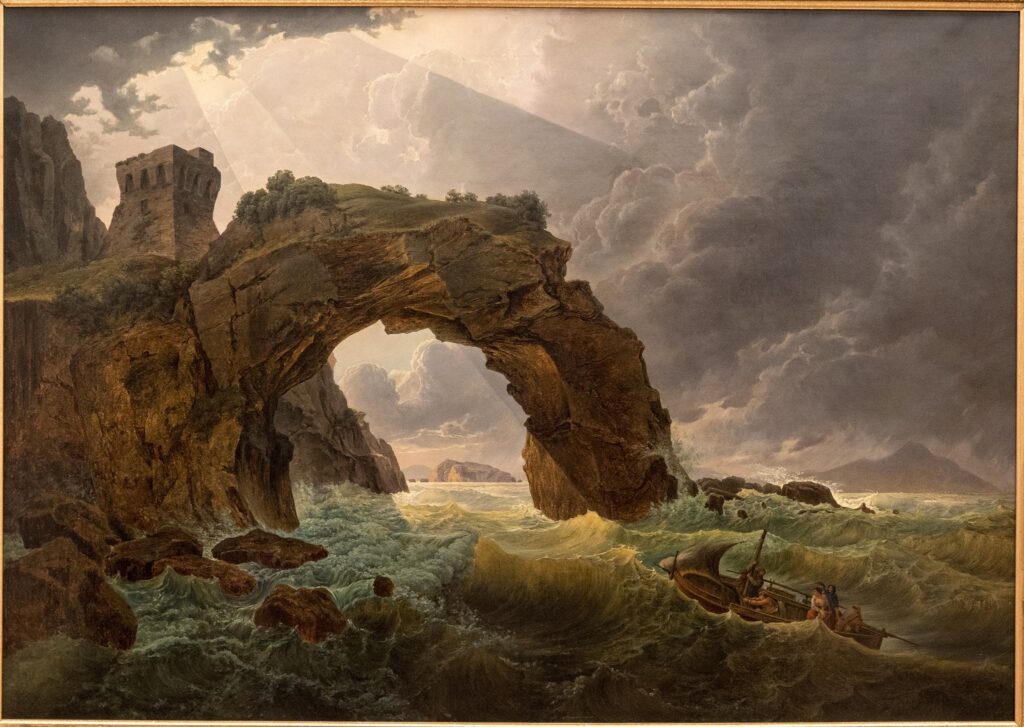
“But the peasants – how do the peasants die?” – Leo Tolstoy
The sky is falling. We are bombarded daily with dire warnings: the planet is dying, nuclear hellfire is imminent, the global economy is collapsing, and AI will at best make us unemployed, and at worst destroy the human essence of society. Politics has fragmented into a collection of competing doomsday cults, each offering its own dystopian apocalypse that must be acknowledged as the primary threat to humanity itself. Rather than galvanizing the masses to collective action to avert these imagined or real catastrophes, the public is increasingly succumbing to apathy and inaction, paralysed by the sheer multitude and enormity of the problems facing them and their perceived total lack of ability to ameliorate these crises. This downward shift in the collective consciousness has profound implications for those seeking to manifest change in the world. In such a period of mass neurosis, the demographic replacement of whites simply becomes one disaster amongst the myriad.
Often white advocates are frustrated that despite the replete and growing examples of the failure of multiculturalism from terrorist attacks to unmanageable and endless migrant flows, large sections of our people fail to acknowledge the problem. This is at best a partial truth. While it could be argued that in the 1980s or even the 1990s that many of our people were genuinely unaware of the problems of multiculturalism, or at the very least the true extent of them, in 2023 those living in true ignorance are a vanishingly small group. The question for those who have not accepted our credo is now no longer whether our claims that demographic replacement is occurring are true, but whether this matters more than the other pressing problems society faces. This conclusion will be anathema to many on the radical Right, who will state that it is self-evident that the extinction of our ethnic group is the most salient problem of our time, and all other problems are downstream of this. If we could simply regain control of the levers of power, all other problems could be overcome, the argument goes.
The inconvenient truth is that for many people, this line of logic is not self-evident. The connection between saving the white race and solving the crushing problems they face on a day-to-day basis is a tangential one. It is the case that huge numbers may well even agree with us that mass migration and demographic decline are grave social ills, but when faced with nosediving standards of living and economic prosperity, a rapidly degrading environment, and the prospect of global conflict this seems a secondary priority. Even the avenues by which action to avert demographic disaster might be taken seem doubtful and fraught with intractable problems. How can voting for nationalist parties be a solution when the electoral system itself has been called into question? What difference does the ethnic composition of your neighbourhood make if tyrannical technocrats can institute global lockdowns and trample the freedom of all, regardless of race? And what solution can white advocacy offer when the most important active war in the world is one which is intra-European?
Our political work must be informed by an understanding that globalisation is not only an economic process, but a psychological one. Where once the scale of reference for the average individual was local or national, in an interconnected world even the most parochial minds are not immune to thinking on a planetary scale. This shift has manifested itself recently in Elon Musk raising the problem of falling birthrates – not amongst whites, but as a global process heralding disaster not only in the West, but in countries as disparate as India, China, and Japan. It was not that long ago that aging populations and vanishing countries were spoken of as exclusively a problem inherent to dying Western societies, but now infertility has gone global as a trapping of modern materialism and its seemingly inevitable reproductive dysfunction. This has given rise to a deracinated pro-natal argument: a fall in global population will be a disaster for us all, and it will disproportionately affect higher-IQ countries.
This white noise has muddied the waters of our efforts to make the case that European countries should stay European. It is in part a function of an over reliance on purely utilitarian arguments which state we should save our ethnic group because we are statistically on the average more productive and more intelligent. If our arguments for our continued existence are solely based on materialist claims, they are open to relativist subversion. We must animate our people not only by logical and rational claims, but by also making metaphysical and emotional appeals. Our group is not monolithic; there is no single approach that will inspire every individual to urgent action. Our platform must be multifaceted and focus on activating a broad base.
We must also acknowledge we are being buffeted by tremendous countervailing psychologically demoralising and malicious attempts to prey on our racial sense of morality and fairness. While Elon may have positioned himself as the most well known pro-natal advocate, huge swathes of our people have bought into the idea that global population decline is in fact a desirable outcome, to save the planet from total destruction. In the infertility arms race we are simply ahead of the pack; we are making a Christ like sacrifice by lessening our own numbers to save humanity writ large. And we are doing so with total moral authority because whiteness itself has been vilified to the point that many of our people are deeply afraid of it.
It is not hyperbole to state that for a significant proportion of our group Whiteness itself is in fact another disaster, associated only with injustice, genocide, slavery, and oppression. While we can complain that this is a psychological operation foisted on us by malevolent outside groups with our worst interests at heart, this does not lessen the reality of the pervasiveness of this neurosis. Pointing out a fear is irrational rarely dispels that fear in the minds of those who have a deeply ingrained phobia. We cannot heal the souls of such people by impotently complaining that our enemies wage psychological war upon us, but only by winning this tug of war taking place in the shared imagination of our folk.
The 2019 horror movie Midsommar presented a folkish, bucolic, homogenous and traditional Swedish society as the setting for occult murder and inbred evil traditions, building on the demonisation of similar themes in the Wicker Man of 1973. It may seem laughable to those involved in dissident right politics that the traditional modes of living our ancestors enjoyed are scary to many of our people today, while multicultural cities where crime and terrorism are increasingly frequent are not, but nevertheless this narrative has warped the psyche of our people. This gets to the heart of the problem with our strategy. We can devote huge amounts of time and energy to pointing out racial crime statistics, individual acts of interracial violence, and examples of social breakdown and degeneracy, but ultimately, we have been unable to terrorise our people with messianic visions of disaster as well as our opponents have done. Put simply, we cannot move the needle in our direction by adding more woes to an already embattled and beleaguered collective consciousness. Our enemies are too proficient in wielding and distributing despair.
If we cannot win the battle to present the most convincing apocalypse, we must instead adopt another tack. We must strike back with the most potent weapons in our arsenal: hope and inspiration. In an epoch of disasters defined by the almost unanimous belief that nothing can be fixed, and everything will get worse, we must be the voice of spiritual renewal and racial resurrection. We must set our sights higher – we should not only make the nebulous claim that we will save our people, but also, we will make for them a world worth living in. If our enemies say that whiteness is only a force of destruction and evil, we must conclusively prove them to be liars by our words and deeds. If our flock is threatened by the howling of distant wolves, it is incumbent upon us to take up the role of shepherds, herding them away from dangers both imagined and real.
In all that we do, we must emulate the example of Gabriele D’Annunzio in his daring 1918 ariel raid behind enemy lines over the city of Vienna, risking his life to drop tens of thousands of propaganda leaflets to a stunned and ostensibly hostile audience. We must embrace the theatre of the grand gesture which ignites the imagination of all who witness it. We must be a relentless whirlwind of energy and hope, delivering the unwavering message that we will not only secure our existence, but we will fix the economy, we will restore the environment, we will bend technology to our ends, and not become subservient to it. We will resolve the fratricidal conflicts of our age, and at the eleventh hour, we will save the world from disaster.
It may seem a fantastical and naïve approach to claim we will fix the world, when we are so far in the wilderness, lacking the power or resources to implement even one policy in our favour. Yet if our people are wracked by huge doubts, if their waking nightmares are so terrifying, half-measures are useless. We must take a defibrillator to the heart of our people; we must administer a psycho- spiritual EpiPen to a race in anaphylactic shock. Whiteness has been the organising principle and engine of history for millennia, it is not we who are the ones who are attempting the impossible by returning to this state of affairs, but our opponents who are doomed to failure by trying to remake the world without us. The genius strategy of European evolution has always depended on the explosive imagination of a few heroic individuals, and it is time for us to accept this mantle of responsibility once again. If our people cannot envisage a future for themselves, it is time for us to articulate one for them to believe in. In a world of rack and ruin, where all seems lost, we must be the lighthouse, the shining beacon, guiding our people home and out of their deep despair in The Age of Apocalypses.

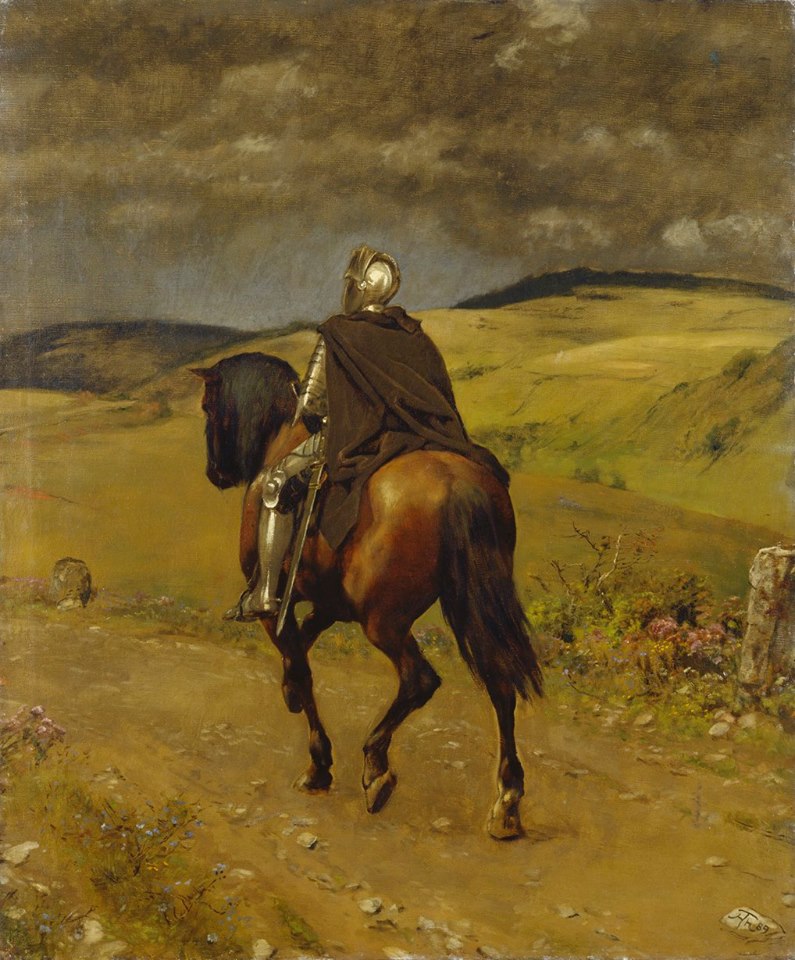
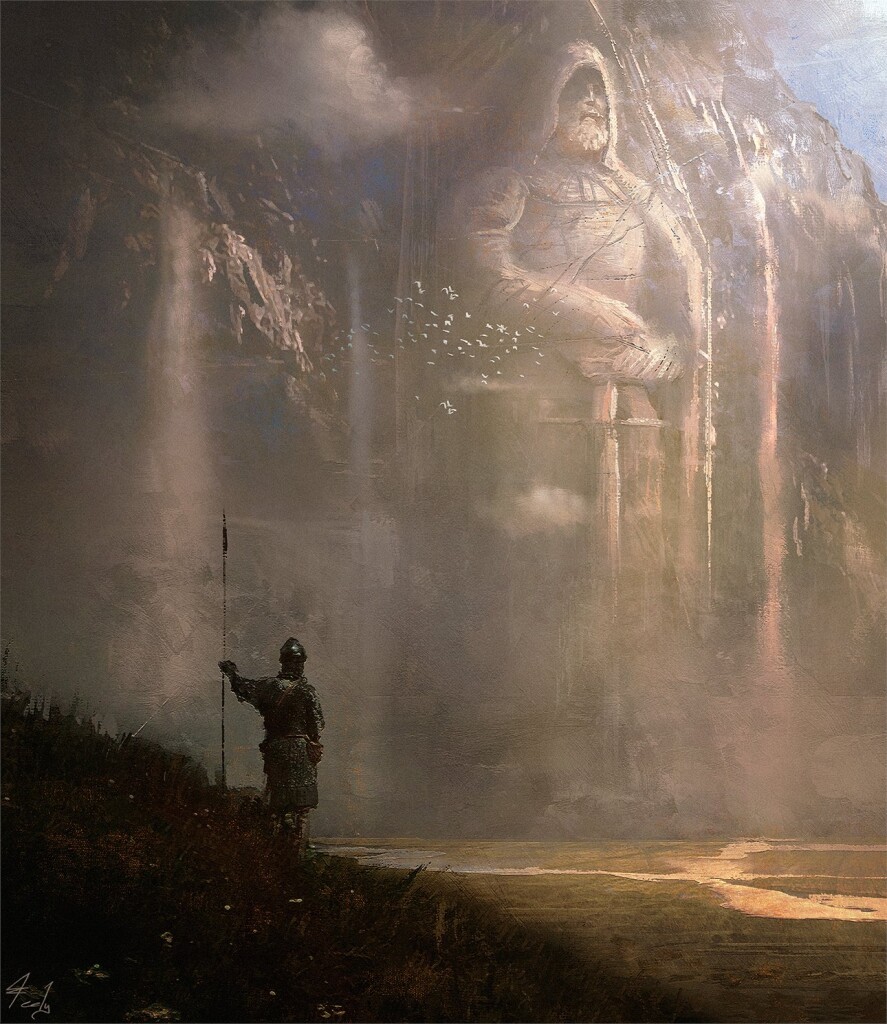
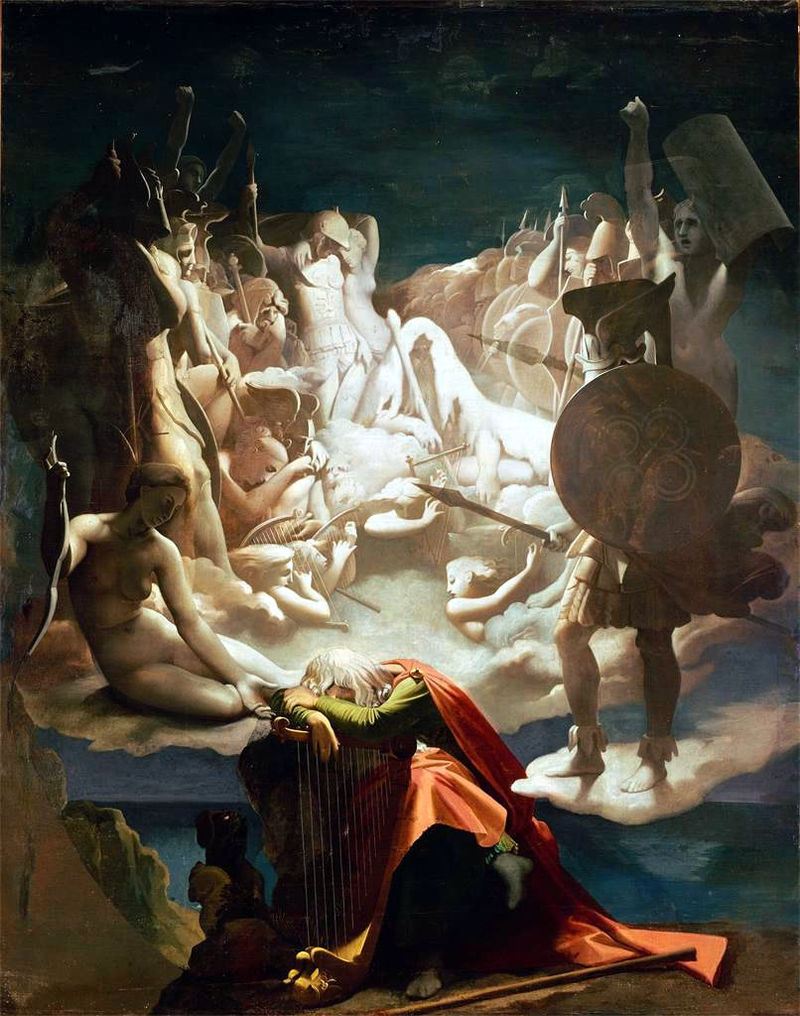
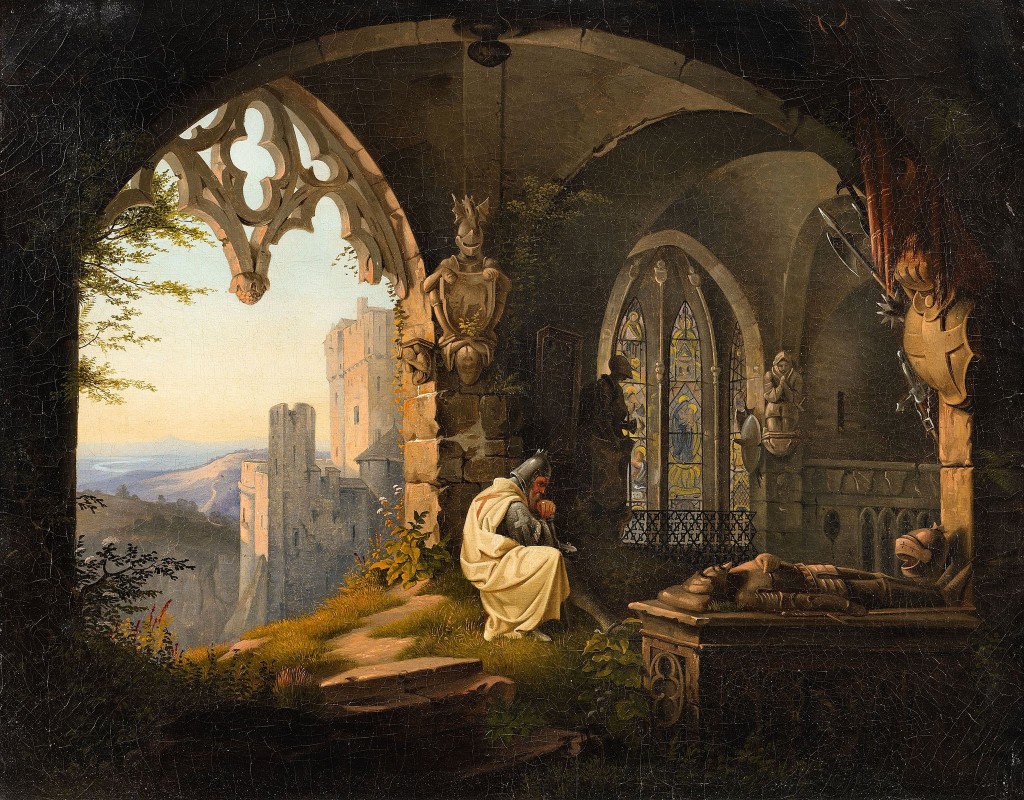
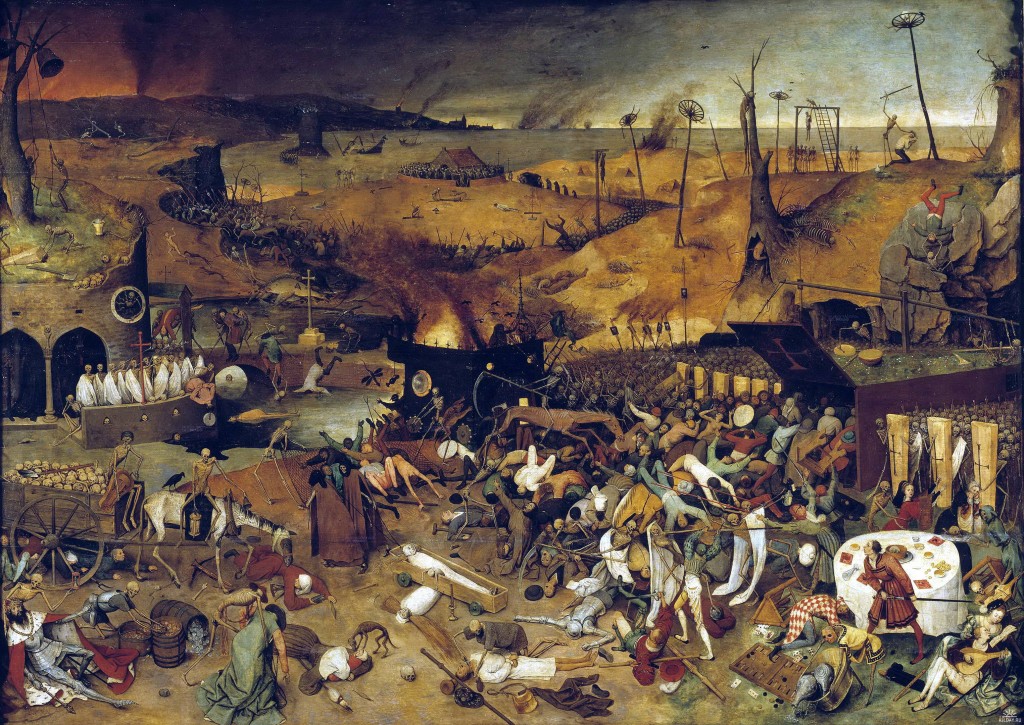
Recent Comments